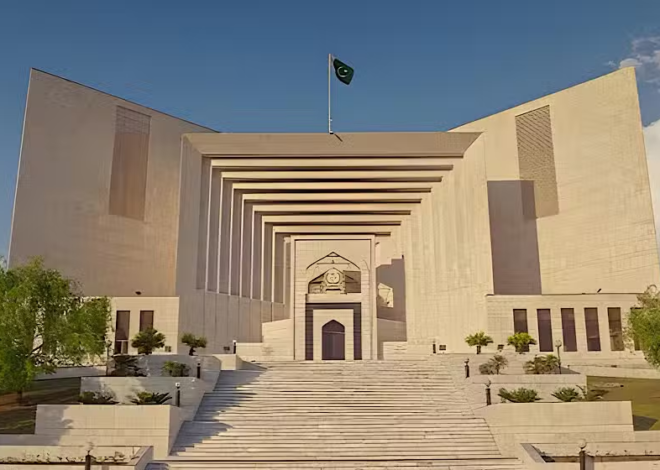
Final Approval of Mines and Minerals Bill Hinges on Imran Khan’s Approval
In a significant development within Pakistan’s political and legislative landscape, the final approval of the Mines and Minerals Bill has been deferred, awaiting the nod of former Prime Minister Imran Khan. This decision has sparked discussions regarding the political dynamics influencing legislative processes and the future of Pakistan’s mining sector.
Background of the Mines and Minerals Bill
The Mines and Minerals Bill aims to reform and regulate the mining sector in Pakistan, introducing measures to enhance transparency, attract investment, and ensure sustainable resource management. The bill has undergone extensive deliberations, with input from various stakeholders, including provincial governments, industry experts, and environmentalists. Its passage is seen as a critical step towards unlocking the potential of Pakistan’s mineral resources, which remain largely untapped.
Political Context
The delay in the bill’s final approval is rooted in the complex political environment following the ousting of Imran Khan’s government in April 2022. The former Prime Minister and his party, Pakistan Tehreek-e-Insaf (PTI), continue to wield significant influence, particularly in Khyber Pakhtunkhwa and Punjab provinces. The caretaker government, established to oversee the transition until new elections are held, has limited authority to make substantial policy decisions, including the approval of major legislative bills. Consequently, the bill’s finalization has been postponed, pending Imran Khan’s approval.
Implications for the Mining Sector
The postponement of the Mines and Minerals Bill’s approval has several implications for Pakistan’s mining industry:
- Investment Uncertainty: Potential investors are hesitant to commit capital without clear regulatory frameworks. The bill’s delay prolongs this uncertainty, potentially deterring both domestic and foreign investment.
- Regulatory Ambiguity: Without updated legislation, the mining sector operates under outdated regulations, leading to inefficiencies, lack of transparency, and potential environmental concerns.
- Economic Impact: The mining sector holds promise for economic growth, job creation, and export revenues. The lack of legislative progress hampers these potential benefits, affecting local communities and the national economy.
Political Dynamics at Play
The requirement for Imran Khan’s approval highlights the intricate interplay between legislative processes and political power structures in Pakistan. It underscores the challenges faced by caretaker governments in implementing policy reforms without a clear mandate. Additionally, it raises questions about the influence of former political leaders on current governance and the potential for policy continuity or change.
Looking Ahead
The resolution of this issue hinges on political negotiations and consensus-building. For the Mines and Minerals Bill to progress, key political figures, including Imran Khan, must engage in dialogue to align on the bill’s provisions and expedite its approval. This process offers an opportunity to demonstrate political maturity and a commitment to national development, transcending partisan interests for the greater good.
The final approval of the Mines and Minerals Bill is a critical juncture for Pakistan’s mining sector and broader economic development. While political complexities currently impede its progress, there is potential for resolution through collaborative efforts and strategic policymaking. As the situation evolves, stakeholders remain hopeful that the bill will eventually pass, paving the way for a more robust and sustainable mining industry that contributes significantly to Pakistan’s economic prosperity.







